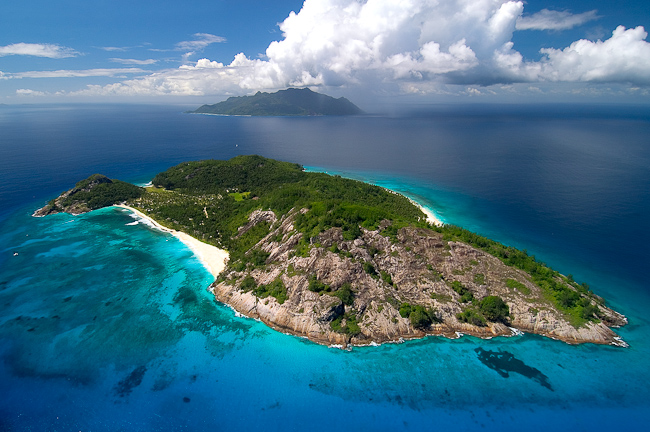“Climate change is progressing so rapidly, and the current and expected impacts are so alarming, it is absolutely critical that all of the world’s leaders immediately engage in the crisis and begin a serious dialogue about how their countries can specifically begin reducing emissions to the levels science shows is required to avoid a catastrophe. We need a global response to the crisis at an unprecedented level and that will demand leadership at the highest level,” said President Sprent Dabwido of Nauru, Chair of AOSIS.
The Declaration refocuses attention on the urgency of climate change at the once-a-year gathering of world leaders at a time when international leadership on climate change is flagging, even as extreme weather events and record-breaking droughts linked to climate change are becoming more severe and costly.
“We, the Member States of the Alliance of Small Island States (AOSIS), meeting in New York this 27th day of September 2012,” the declaration begins, “Recalling the Charter of the United Nations, and reaffirming the principle of the sovereign equality of all nations… are gravely concerned that climate change poses the most serious threat to our territorial integrity, viability and survival, and that it undermines our efforts to achieve sustainable development goals and threatens our very existence. We reaffirm the sovereign rights of all SIDS in light of the adverse impacts of climate change…”
The Declaration also outlines concrete steps that must be taken at the 18th Conference of the Parties in Doha at the end of the year in order to achieve essential short-term emissions reductions.
“Building on the progress achieved thus far we underscore our commitment to work towards a successful outcome at COP18/CMP8 in Doha, including the following elements:
“Adoption and provisional application of the Doha Amendments to the Kyoto Protocol pending their entry into force that:
- Ensure the widest participation of Annex I Parties in a second commitment period;
- Establish a five-year second commitment period to run from 1 January 2013 to 31 December 2017;
- Establish more ambitious quantified emission limitation or reduction commitments for all Annex I Parties to the Kyoto Protocol; and
- Limit the use of surplus carry over units in the second commitment period of the Kyoto Protocol to ensure environmental integrity.”
Alliance of Small Island States Leaders’ Declaration, 2012 PDF

















